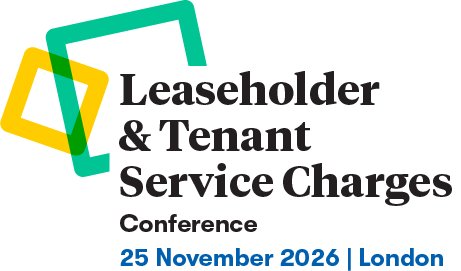22 October 2024
It has been widely reported in the housing press that social landlords (and landlords more generally) have been slow to ensure timely remediation of their existing high-rise buildings.
Why is that?
Timeliness of necessary work may not have been helped by the legislative regime around remediation of historical defects that ultimately found its way into the Building Safety Act 2022 (BSA 2022), and some wider Government decisions around funding of remediation work over the past 7 years. This is set against a backdrop of rising costs and some differing expert opinions on exactly what changes need to be made to give necessary protections. At the recent Labour party conference, Angela Raynor committed to speeding up this process. It therefore appears likely that new streams of Government funding could become available, legislative and regulatory changes could be forthcoming and/or new Government policies may encourage - or force - developers to shoulder further costs.
In the meantime, landlords are likely to be aware that recovery of remediation costs from service charge payers is restricted by the ‘leaseholder protections’ contained in sections 117 to 124 and Schedule 8 of the BSA 2022. The legislation is complex; there has been debate as to whether this could have been intentional, or just the result of somewhat rushed drafting as the Bill made its way through Parliament.
The Regulations made under the BSA 2022 introduce a certification regime for landlords and leaseholders – requiring landlords to supply a detailed ‘landlord’s certificate’ with supporting evidence and to obtain individual ‘leaseholder deeds of certificate’ – that is extremely onerous for landlords to comply with.
Currently, it is not unusual for social landlords still to be grappling with these requirements and struggling to understand their application, even now, more than 2 years since those particular provisions came into force. Much of the work is multidisciplinary across service charge and assets teams, where properly effective collaboration is absolutely crucial.
Of course, many social landlords may have made a decision not to recharge the costs of works to remediate historical building safety defects to any occupants of their ‘relevant buildings’, whether or not they could recover the full or capped costs from some of their leaseholders.
This may be a pragmatic solution for many, but in order to make an informed decision, officers and Boards should ideally take the time to understand the regime and appreciate the financial consequences of their decisions. Some social landlords are posting overall losses due to these costs, although it may be that third party claims can recover some amounts from those responsible for the defects further down the line.
In the meantime, the body of case law around the ‘leaseholder protections’ is growing, as expected with any new piece of legislation. Social landlords need to stay up to date, to understand how some of the difficult to interpret parts of the legislation should be applied in practice. They may find they are defending applications made by leaseholders against them under the BSA 2022 for remediation orders (where building safety works have not yet been carried out) and remediation contribution orders (where leaseholders consider they have been charged for costs that the legislation prevents the landlord from recovering). They may also be involved in more complex remediation contribution order cases involving developers and other associated entities.
Having a secure knowledge of the ‘leaseholder protections’ as a further layer of regulation is crucial for all service charge, income, finance and leasehold teams, to help them successfully navigate the new landscape around building safety.
Building Safety Act – what can we learn a year on?
Tuesday 26 November 2024, 12:25pm
- How are housing associations applying the Act?
- Key takeaways from the last 12 months.
Speakers:
Jake Le Page, Notting Hill Genesis
Joanne Wright, Anthony Collins
Victoria Moffett, National Housing Federation
Jo Wright
Associate, Anthony Collins


